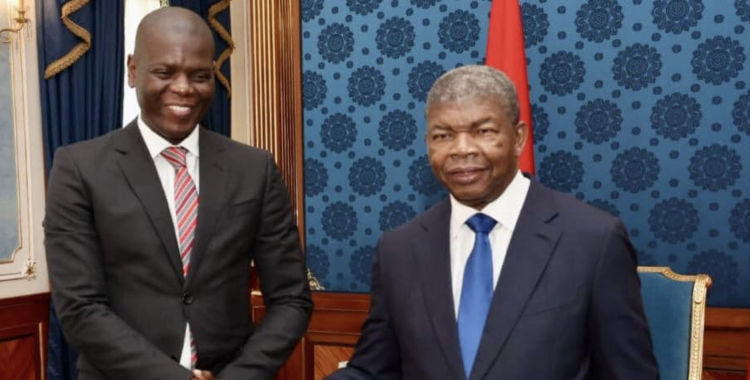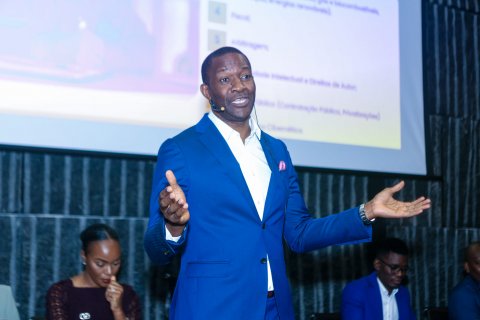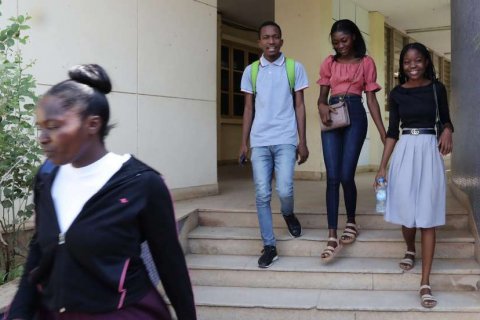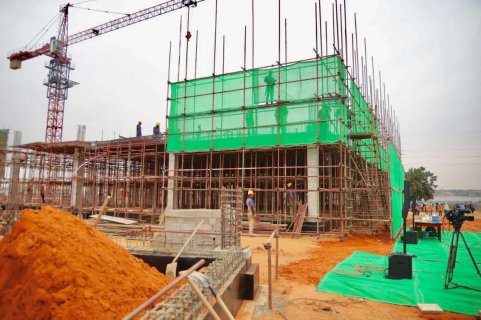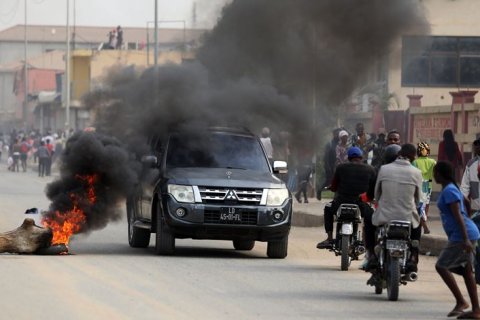The meeting at the Presidential Palace, in Luanda, served to discuss details of this visit and aspects linked to the strengthening of bilateral relations, according to the South African diplomat, quoted in a publication published on the Presidency's Facebook page.
The South African minister also held a public consultation session with his counterpart Téte António focused on consolidating bilateral ties and "exploring issues of common interest", according to a statement from the Ministry of Foreign Affairs.
This dialogue is also integrated in the preparation of the visit during which it is expected that new agreements will be formalized that may reflect the current trade and investment needs between the two countries and the intensification of specific areas of cooperation.
Téte António "mentioned Angola's intention to improve its legal framework to attract foreign investment" and pointed out the potential of the electricity production sector as a strategic area of cooperation between the two countries, says the ministry.
The mining and agriculture sectors are other priority areas for bilateral cooperation between Angola and South Africa.
The diplomats also addressed the conflict in the east of the Democratic Republic of Congo, considered "a high priority issue" for both countries, members of the Southern African Development Community (SADC), and spoke about the general elections, with Téte António praising the process of consolidating democracy in the region.
"With a view to ensuring the reactivation of the Tripartite Mechanism between Angola, South Africa and the Democratic Republic of Congo, issues associated with the review and signing of this Memorandum also deserved attention during the meeting", highlights the ministry.
The delegations also addressed topics related to Angola's next presidency of the African Union, issues related to the international blocs BRICS (group of emerging countries that includes Brazil, Russia, India, China, South Africa) and G20 (group of Brazil's largest economies in the world ), whose presidency will be assumed by South Africa in 2025.
The reform of the UN Security Council, as well as reciprocal support for countries' candidacies in international organizations, were also the subject of debate.
"Angola expressed support for these initiatives, reinforcing the importance of a greater African role in international forums", highlights the statement.
Angola and South Africa committed to maintaining a strategic partnership relationship and strengthening the monitoring mechanisms for signed agreements, as well as creating a Bi-national Commission to monitor the implementation and signing of the agreements being negotiated.

